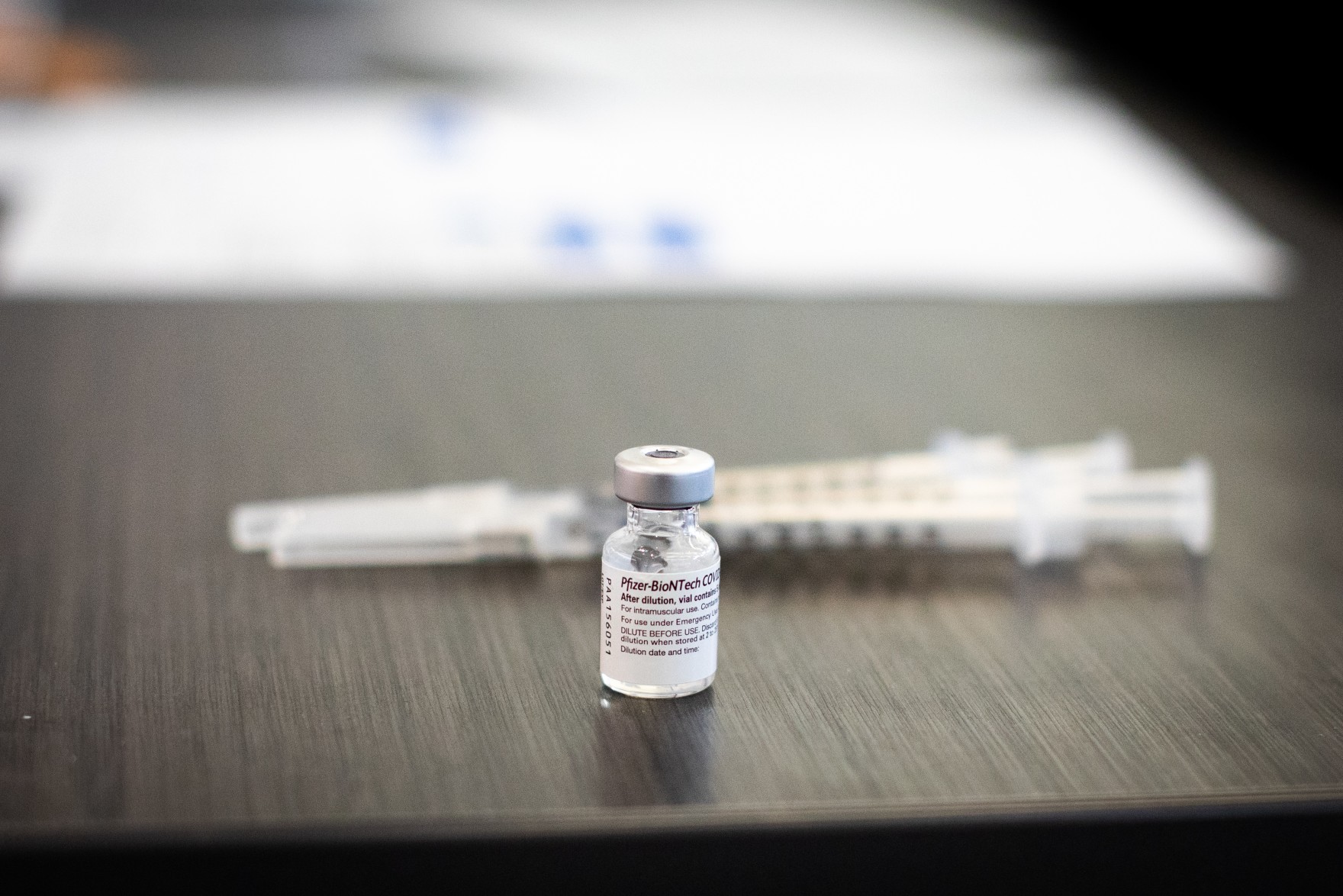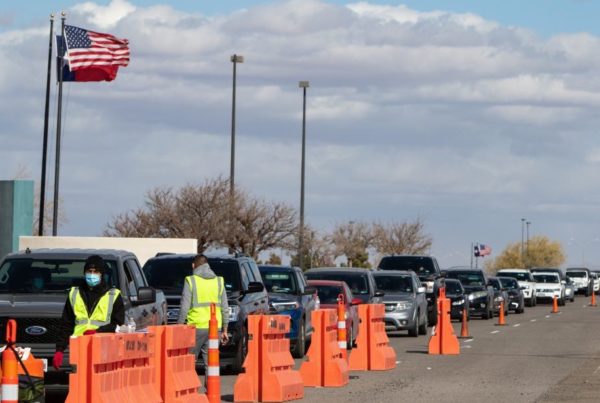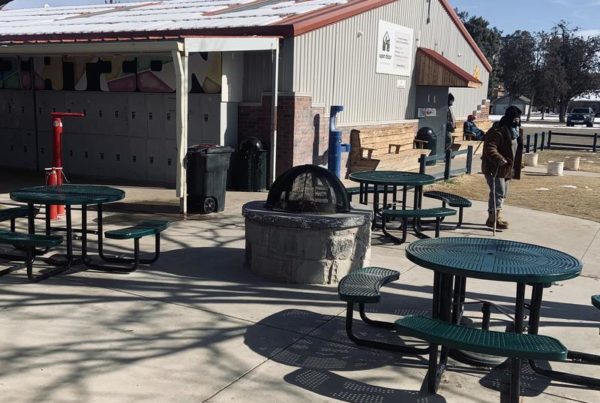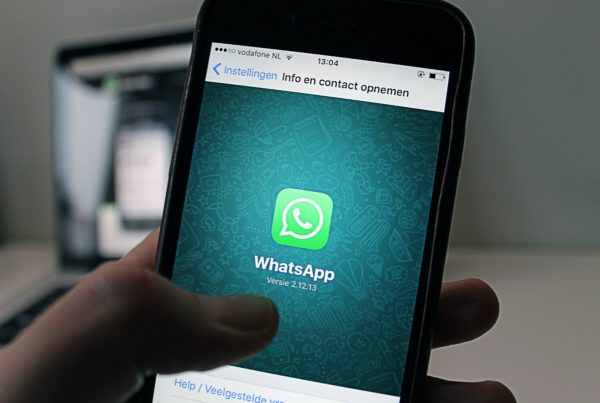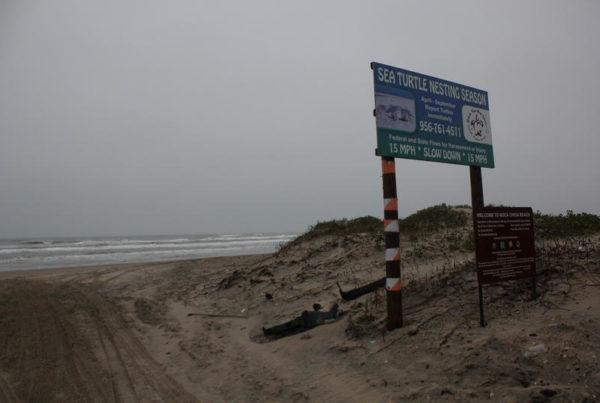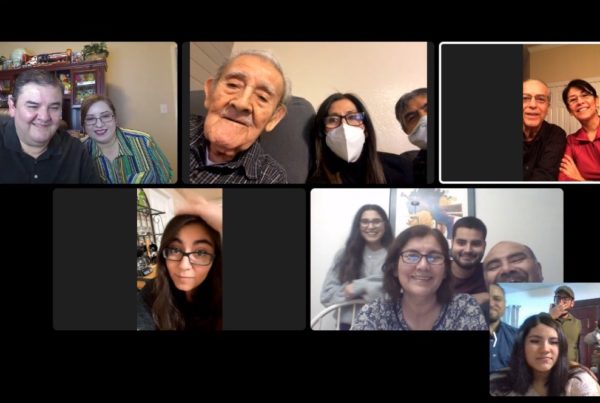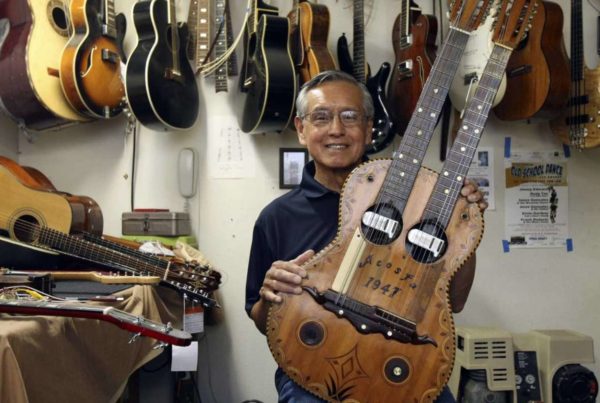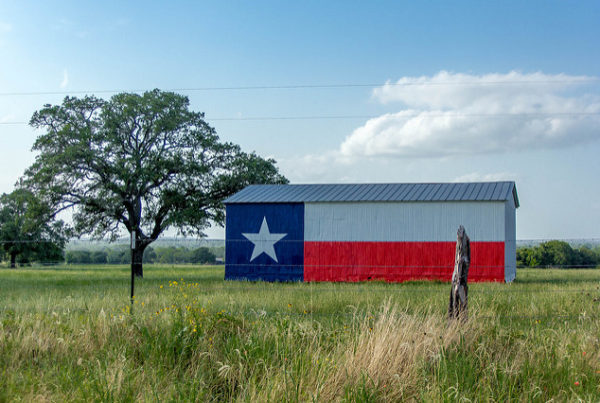From KUT:
Bastrop County is one of the smaller counties in Texas to have been designated a COVID-19 vaccine “hub” by the state. That means the county has to figure out how to get vaccines administered on a wide scale.
But the county has far fewer resources than many of the state’s other vaccination hubs, which are in big cities like Austin and San Antonio. As a result, nonprofits such as Bastrop County Cares have started pitching in.
“We are creating this as we go with no real model,” said Debbie Bresette, the group’s executive director.
And Dr. Desmar Walkes, the county’s health authority, said local officials already have a lot on their plate right now.
“The problem of addressing how to get vaccines into arms is something that came upon in the middle of a huge public health crisis,” she said.
But Walkes and others say they’re up for the task. They’re focused on addressing disparities and have starting to map out all the barriers they face, including how to sign up people without internet access, as well as fears among immigrant communities.
Internet access
“A lot of people out here don’t have good internet connectivity,” Edie Clark, a leader with Bastrop Interfaith, said.
Even before the pandemic, she said, groups in Bastrop had been working to improve internet access for thousands of families.
“It limits access to health care in general, you know, just doing a telemedicine visit,” she said.
Without internet access, residents have to rely on finding a vaccine provider, checking their status and making appointments to get vaccinated all over the phone.
“We have 95-year-old people calling us that don’t use text very much and when you call them back they think it’s a scam, because they are getting scammed all the time,” Bresette said.
It will take a lot of time to work out details and schedule second doses for those reasons, she said.
“All of this is complicated,” Bresette said. “And we are building it from scratch.”
Hesitancy and mistrust
Officials will also have to convince younger working people to make time to get vaccinated. Bresette said there are a lot of people in Bastrop, for example, who commute into Austin to work.
“They work long hard hours – maybe two and three different jobs,” she said. “So even finding time to get a vaccine and to wait in line means they are losing money. They are hourly workers often.”
Bresette said it will be important for community leaders to figure out a way to support those workers – who are often most at risk of getting COVID. Hourly workers in Texas also are more likely not to have sick pay or health insurance. So, county officials desperately want to reach these folks as they start administering the vaccine.
Clark also said some families have no idea what’s going on.
“What I am hearing from some of the residents in Stony Point is that they are not really aware at all of how to get the vaccine, or what they need to do – the website, the phone number or any of that at this point,” she said.
Clark said members of the Stony Point community are still reeling from a few years ago when the sheriff’s department turned over roughly a dozen residents to Immigration and Customs Enforcement for deportation. Many of those arrested were pulled over for minor traffic violations, like a broken taillight.
“They have a lot of distrust and fear of giving their information out without knowing it’s not going to be used against them,” she said.
Benefits of a Hub
A vaccination hub will likely be the best shot of getting those communities vaccinated.
The state’s list of providers are all clustered around State Highway 71 – mostly in the City of Bastrop – which is far from the communities of color that have been disproportionately affected by the pandemic.
Advocates say the state’s reliance on existing medical practices and chain stores like Walgreens has left people in poorer and more racially diverse areas behind.
Clark said it’s tough to imagine a lot of people in Stony Point will drive to get vaccinated in Bastrop when they won’t even get groceries there.
“Driving into Bastrop to these sites might be definitely an issue – especially people who need someone to drive them, because they worry if they are driving they will be stopped, pulled over or even arrested,” she said.
Bastrop health officials say this will be a big part of their focus.
Walkes said one of her biggest priorities is ensuring Black and Latino communities can get vaccinated.
“Part of being designated a hub is that we commit to reaching into those communities,” she said, “and that is going to happen.”
Got a tip? Email Ashley Lopez at alopez@kut.org. Follow her on Twitter @AshLopezRadio.


